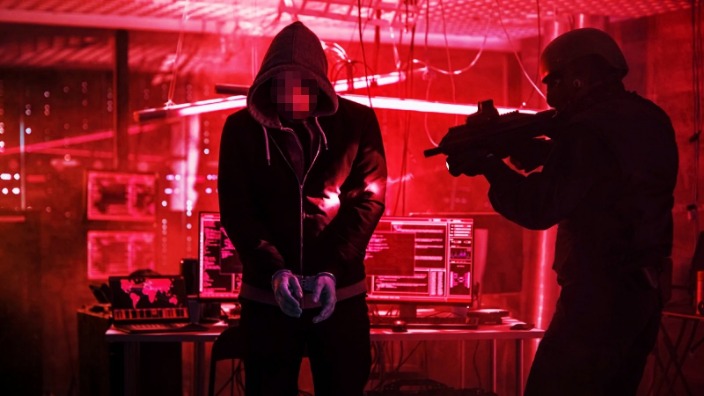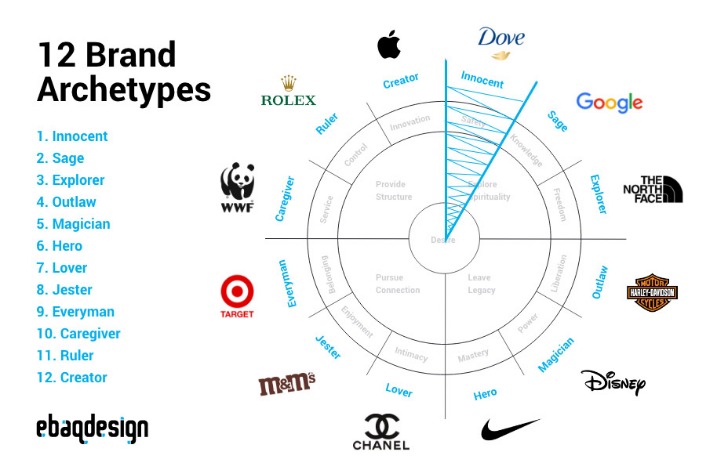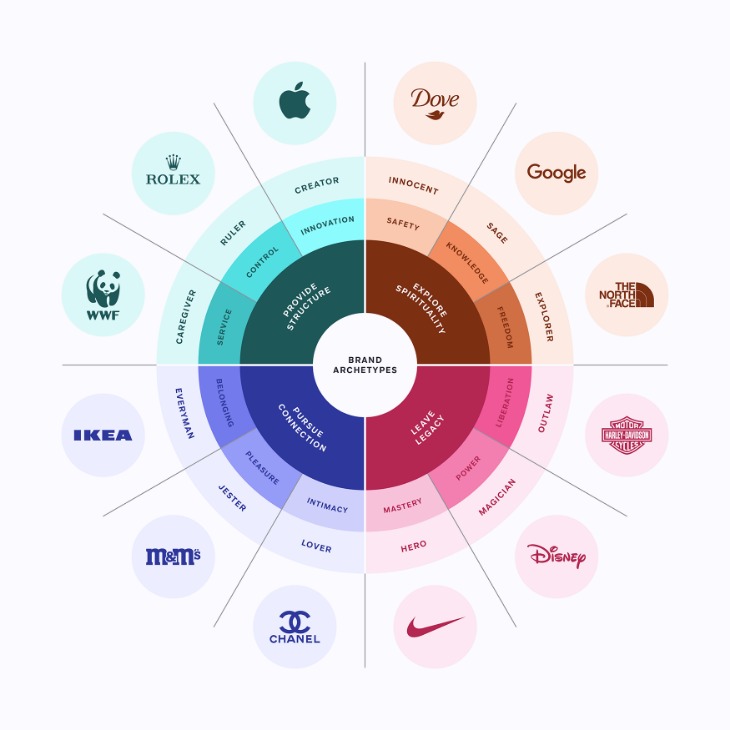
The continent-wide effort — dubbed Operation Deep Sentinel — follows a wave of cybercrime crackdowns across the globe, marking one of the most high-volume periods of law enforcement action against cybercrime in rapid succession. In fact, it is routine for individual’s participating in these dark web communities, par for the course of engaging in the markets. Depending on your region and the provider, shipping timeframes might vary.
A moderator and six prominent vendors were arrested simultaneously in other countries, and officers seized assets worth about $9 million. Archetyp Market had operated for over five years, amassing more than 600,000 registered users and processing at least EUR 250 million in transactions. The site’s infrastructure, hosted in the Netherlands, was taken offline during the operation. Authorities arrested the alleged administrator, a 30-year-old German national, in Barcelona, while enforcement actions in Germany and Sweden targeted one of the site’s moderators and six of its highest-volume vendors.
Did Law Enforcement Impersonate The Admin And Post On Dread?
“Thanks to this takedown, law enforcement has dismantled one of the dark web’s oldest-standing drug marketplaces, cutting off a substantial supply chain for some of the world’s deadliest drugs,” he stated. The coordinated takedown brought an end to a prolific drug marketplace that accumulated more than $290 million in transaction volume since operations began in 2020. The website for Archetyp Market was seized and its alleged administrator, a 30-year-old German national, was arrested in Barcelona, Spain. Volatility has by now become a routine process used by vendors, users and administrators alike after the fall of each dark web market. What may look like disruption from the outside is, in practice, a recovery playbook now hardwired into the design of online drug markets. Archetyp may be gone, but the features that drove its success are already being carried forward by others.
Innovation In User Experience
The video offered suggestions that multiple arrests were made at all levels of the Archetyp hierarchy, and although Europol’s official announcement only confirmed one was made – the 30-year-old German – the BKA said seven people were arrested in Sweden. This ability of dark web communities to thrive in disruptions reflects how dark web market users have become experts at adapting to risks, managing disruptions and rebuilding quickly. We employ military-grade encryption, multi-signature escrow systems, and advanced threat detection to ensure the highest level of protection for our users. This privacy-focused digital currency has become increasingly popular among darknet operators seeking to evade traditional financial monitoring systems. Archetyp Market functioned as a Tor-based hidden service, accessible only through specialized darknet browsers that utilize onion routing protocols to anonymize user traffic and location data. By eliminating Archetyp Market, authorities believe they’ve significantly disrupted the global supply of some of the most dangerous substances, underscoring the growing efficacy of coordinated cyber-policing efforts.
- Operation Deep Sentinel reflects a maturing model of cybercrime enforcement.
- The drug marketplace’s infrastructure was seized in the Netherlands, and police in Germany and Sweden confiscated $9 million from a moderator and six of the platform’s top vendors.
- With every transaction conducted in Monero — a cryptocurrency known for its privacy features — law enforcement had significant difficulty tracking financial flows.
- The Register asked the authorities involved for more details on these measures, and they clarified this meant arrests only.
- This made it a go-to marketplace for many users in the dark web community, providing an anonymous, safe, and secure environment for users to conduct transactions.
Major Law Enforcement Operation Busts Dark Web Marketplace
It was in this vacuum that Archetyp emerged, eventually becoming a key landing zone for vendors displaced by earlier market collapses. One of its defining features was its structured support for identity continuity. Archetyp encouraged vendors to re-establish their reputations through Pretty Good Privacy (PGP)-signed migration messages – cryptographically signed proofs that linked new accounts to profiles from previous marketplaces. This allowed buyers to verify that they were transacting with the same vendor as before. Archetyp’s takedown might make headlines, but it won’t stop the trade of illicit drugs on the dark web. What current policing strategies neglect is that dark web markets are not isolated to the storefronts that are the popular target of crackdowns.
ADVERTORIAL FEATURES
And so, the cycle continues – one closure followed by the next platform launch. Just as Archetyp filled the void left by the dismantling of other online drug markets that existed before it, its successor may already be taking shape. Vendors and users also coordinated their migration onto other platforms through encrypted messaging tools such as XMPP and Tox, both of which had also become fall-back communication channels following the takedown of illegal marketplace AlphaBay in 2017. At the centre of this process was Dread, a forum that became the first destination for disoriented Archetyp users. Within 48 hours of Archetyp being busted, scam relaunches such as ‘Archetyp V2’ appeared, while refund scammers mimicked well-known vendors to exploit the chaos. The influx of previous Archetyp users overwhelmed fragile markets such as Abacus, causing outages and distrust in the platform.
Arrests Signal Focus On Network Disruption

While few details have emerged about the other arrests, dark web users quickly began to analyze the now-removed official video of the operation released by the BKA. In total, law enforcement officers seized 47 smartphones, 45 computers, narcotics, and assets worth €7.8 million from all suspects during Operation Deep Sentinel. The durability of these markets tells us that if policing responses keep following the same playbook, they will keep getting the same results. And by focusing so heavily on these hidden platforms, authorities are neglecting the growing digital harms in the spaces we all use. Operation Deep Sentinel stands as the latest in a series of high-profile successes for the BKA and its international partners in combating cybercrime, following recent takedowns of other darknet services and cybercriminal infrastructures. As we continue to grow and evolve, our commitment to security, privacy, and user satisfaction remains unwavering.

Operation Deep Sentinel: International Cooperation
In parallel, German and European authorities searched 20 other properties – including residential houses, server rooms, and hideouts of accomplices. Archetyp also has a Vendor stores section, which allows you to search all the vendors on the marketplace. Anyone who still has access (or claims to have access) is accessing a fake site designed to steal users funds. Payments on the platform were made exclusively with Monero, a privacy-enhanced cryptocurrency the architecture of which makes tracing blockchain transactions much more of a pain for authorities.

Key Milestones

The digital underworld has witnessed a major blow with the recent dismantling of Archetyp Market, one of the longest-operating darknet drug markets. Since its launch in May 2020, Archetyp grew into a sprawling platform facilitating massive illegal drug sales across multiple countries. This article explores the operation that brought it down, the scope of its criminal activities, and the broader implications for global law enforcement and darknet markets.
Last week, law enforcement agencies conducted operations across several European countries including Germany, the Netherlands, and Spain. Archetyp launched in May 2020 and quickly grew to become one of the most popular dark web markets with an estimated total transaction volume of €250 million (A$446 million). It had more than 600,000 users worldwide and 17,000 listings consisting mainly of illicit drugs including MDMA, cocaine and methamphetamine. Archetyp Market arrived online in 2020 and grew into a significant hub for online drug trafficking. Until this month, it had evaded the law enforcement operations that took down other major dark web marketplaces.
The infrastructure was dismantled in the Netherlands, while arrests spanned Germany, Spain, and Sweden, including the suspected administrator—a 30-year-old German national arrested in Barcelona. Other key figures, such as moderators and top vendors, were also apprehended. The shutdown of Archetyp, a major dark web drug market, demonstrates that law enforcement takedowns have only short-term effects, as such markets quickly re-emerge and adapt. Persistent trade and resilient user communities limit the long-term impact of these interventions.

Investigators seized assets valued at 7.8 million euros, which include both cryptocurrency and physical property. The enforcement action took place between 11 and 13 June, with police forces in Germany, the Netherlands, Romania, Spain, and Sweden executing a series of targeted operations. About 300 officers were involved, arresting the 30-year-old German administrator (known by aliases of YosemiteGhostWrite and BigBossChefOfArchetyp/ASNT) in Barcelona and taking down the marketplace’s infrastructure in the Netherlands. In addition to the administrator, so-called “moderators” are also in focus – they organized internal processes on the platform, mediated disputes between buyers and sellers, and checked content. These digital helpers usually operated anonymously and distributed worldwide – but during Operation “Deep Sentinel”, they too were unmasked.
Features Of Archetyp Marketplace
What put Archetyp most at risk was that it was willing to permit the sale of fentanyl and other extremely powerful synthetic opioids drugs that most other darknet markets had already banned as too lethal. This act placed the site at the epicenter of Europe’s newly unfolding synthetic opioid epidemic, driving the overdose fatalities and addiction across a number of different nations. Archetyp was more than just the next online drug market to fall, having absorbed much of the vendor traffic displaced by earlier market closures. Following the collapse of illegal dark web marketplace Monopoly Market in late 2023, which was widely suspected to have been the result of law enforcement action, the European dark web community entered a brief period of disarray. Vendors migrated to unstable alternatives such as Incognito and Bohemia, but none of these managed to consolidate trust or operational continuity. The infrastructural backbone of this illicit platform was taken offline in the Netherlands, while the arrest of a 30-year-old German administrator took place in Barcelona.
Buyers flocked to the site, drawn by its anonymity and wide-ranging catalog. With every transaction conducted in Monero — a cryptocurrency known for its privacy features — law enforcement had significant difficulty tracking financial flows. TRM’s research further documents how darknet operators attempt to stay ahead of law enforcement through pseudonymous domain registration, rapid rebranding after takedowns, and the laundering of proceeds through high-risk exchanges. In the case of Nemesis Market — another platform covered in TRM’s reporting — US authorities sanctioned an Iranian national linked to more than USD two million in cryptocurrency transactions involving narcotics, stolen data, and illicit services. That case, like Archetyp, demonstrates how darknet infrastructure is often transnational, technically sophisticated, and deeply intertwined with the global financial system. Jean-Philippe Lecouffe, Europol Deputy Executive Director of Operations, emphasized the broader significance of the takedown.
Operation Deep Sentinel reflects a maturing model of cybercrime enforcement. Unlike previous isolated arrests, this operation unfolded with a high degree of synchronization — not just across borders, but also between tactical, cyber, and legal departments. Germany’s central role suggests that European nations are taking a more proactive stance in leading international darknet crackdowns, particularly those involving high-value digital assets. As Bazaar’s influence grew, it launched aggressive attacks on Archetyp’s infrastructure, causing severe disruptions in operations. These attacks, combined with internal struggles within Archetyp, led to its eventual shutdown.



